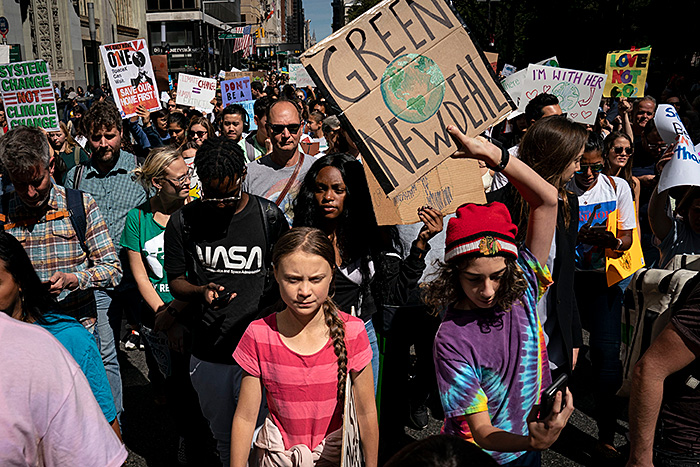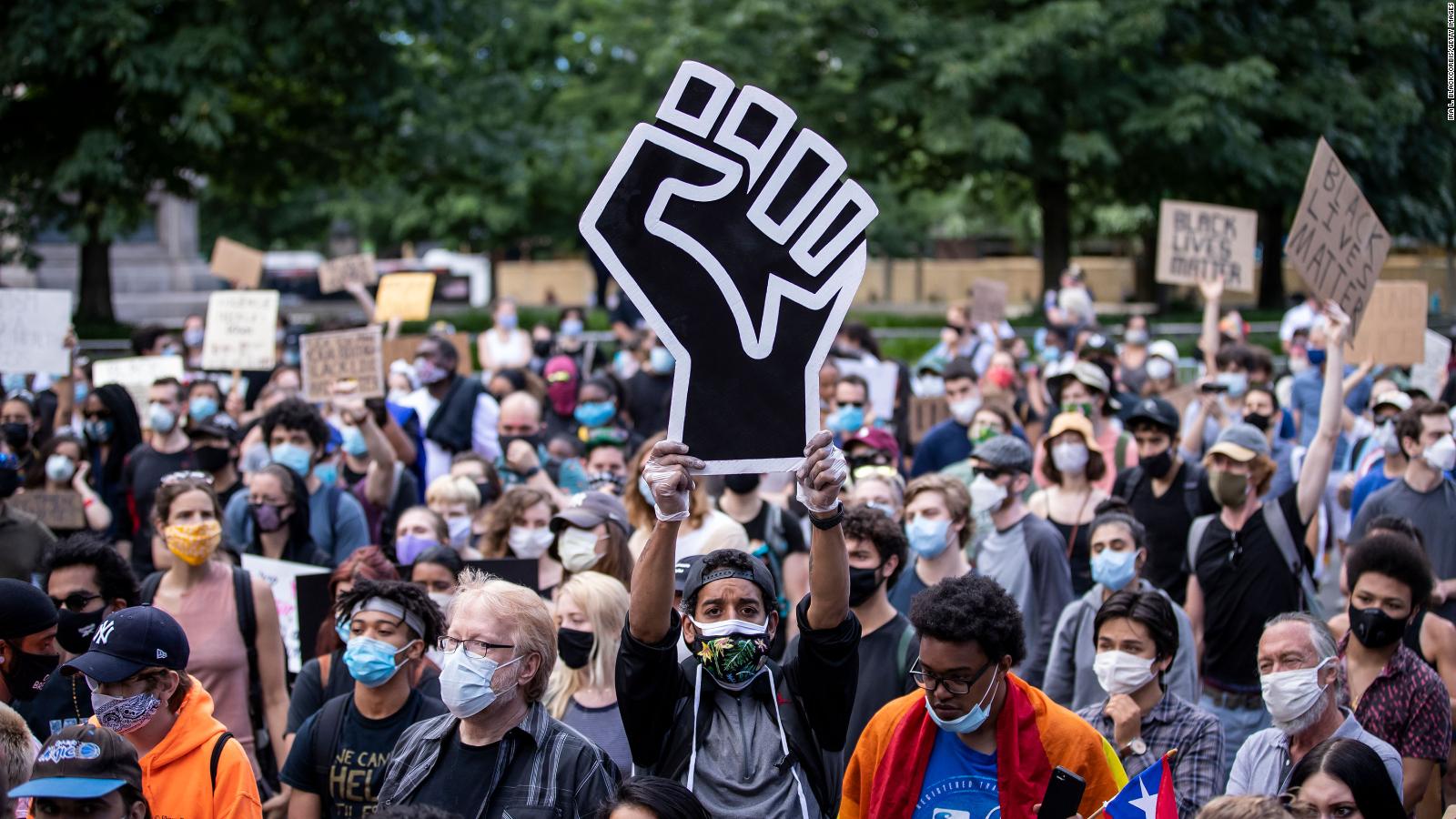In an alarming trend, young women are increasingly overrepresented in radical activism, raising urgent questions about their mental health and the societal pressures driving them to the extreme. According to a recent report, protests like those at Columbia University have seen a staggering 76% of participants being women, yet this fact remains largely unaddressed in discussions about radicalization.
Young Women Face Unique Pressures
The rise of female participation in causes such as climate change and social justice is not merely a sign of engagement; it hints at deeper issues. Young women are often burdened by societal expectations and the fear of social exclusion, leading them to adopt more radical positions. Research shows that women ages 18 to 30 are now 30 percentage points more liberal than their male peers, reflecting a shift towards hyper-progressive ideologies.
Radicalization Is Not Just a Male Phenomenon
While the media often highlights young men falling into far-right extremism, the radicalization of young women has remained underexplored. This neglect is dangerous. The term "radicalization" is rarely associated with women, even though their commitment to ideological causes can lead to harmful consequences for their mental health and relationships. As reported by a study on gendered analysis of extremism, the lack of attention to female radicalism allows it to flourish unchecked.

"Fighting for my future": Teenage climate activism takes off - E&E News ...
Consequences of Extremism Are Real
Recent actions taken by women in radical movements have raised eyebrows. Female activists have been involved in high-profile protests that resulted in significant public disruption, such as defacing famous artworks and blocking major roadways. These acts not only endanger public safety but also reflect a troubling normalization of extreme tactics in activism. In Australia, one protester cemented her arm to a vehicle to protest a weapons exhibition, showcasing the lengths to which some women are willing to go.
Institutional Support Fuels the Fire
Perhaps even more concerning is the institutional support that some female radicals receive. Figures like Greta Thunberg, celebrated for her activism, have been propelled into the spotlight, which may inadvertently encourage further radicalization among her peers. Such support creates a feedback loop that rewards extreme behavior and ideology. Young women may feel pressured to conform to radical ideals to gain social acceptance, perpetuating a cycle of moral absolutism.

About 93% of racial justice protests in the US have been peaceful, a ...
The Role of Social Media in Radicalization
Social media platforms exacerbate these dynamics by creating echo chambers where radical ideas can proliferate unchallenged. As noted by The New York Times, the rise of social media has led to increased mental health issues among young women, who are subjected to constant comparisons and ideological pressures. This environment fosters an artificial consensus, where dissenting voices are silenced due to fear of social exclusion.
The implications of this growing trend cannot be ignored. The radicalization of young women represents a new kind of extremism that is less violent but equally damaging. It thrives on social coercion rather than outright aggression, making it more insidious. If we fail to address the nuances of female radicalization, we risk allowing a generation of women to be consumed by ideologies that harm their well-being while simultaneously undermining social cohesion.







![[Video] Gunfire between Iraqi security forces and Sadr militias in Baghdad](/_next/image?url=%2Fapi%2Fimage%2Fthumbnails%2Fthumbnail-1768343508874-4redb-thumbnail.jpg&w=3840&q=75)
